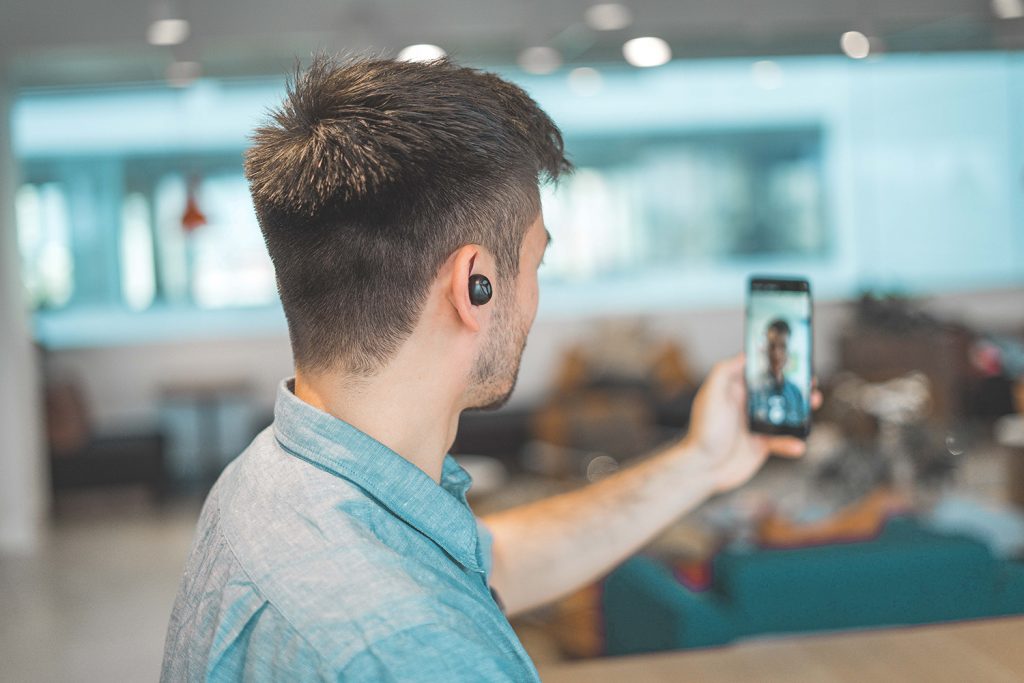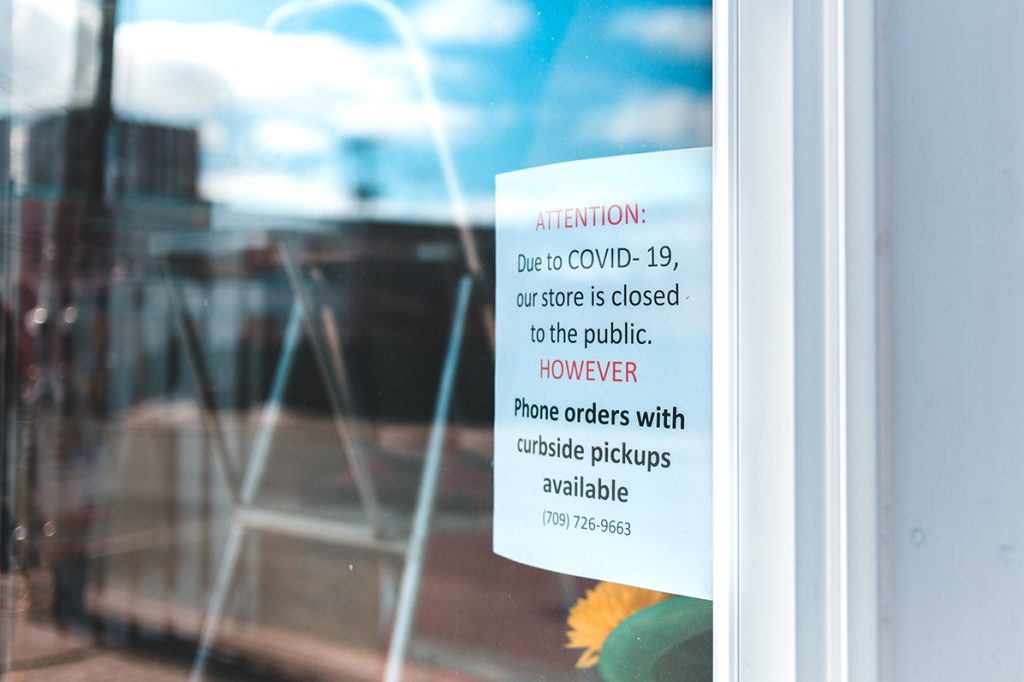If you own a website, or run an online business, it is of paramount importance to strive for increases in the amount of traffic that it receives, without it you’ll receive little interest in your content, products and services. There are many methods at your disposal that can be used to attract more traffic and potential customers to your website, some of which are free whilst others may require some sort of upfront or per visitor cost.
One of the most powerful methods of promotion and traffic generation is SEO (Search Engine Optimization) which allows you to take advantage of the massive user base of Google and other search engines. SEO is the act of organically listing your website within search engines, preferably as high as possible within the first page of results. Although SEO is technically free, as there are no advertising costs, it can be particularly difficult, especially within highly sought after industries such as web hosting or financial services. Due to this many website and business owners tend to outsource the SEO work and pay for specialist marketing firms and individuals to complete the work on their behalf.
As a small business owner, or if you own a website purely as a hobby, the costs associated with SEO may be outside of your budget. This does not mean that you have to miss out on the benefits of search engine traffic since there are many tasks that you can complete on your own that will assists in improving your search rankings. In particular, on-page SEO, which is the act of improving the content, keyword placement and structure of your own website in order to better improve it’s relevancy for your target keywords and niche.
On-Page SEO Tips For Your Website
The following few tips can be easily implemented on your own website as long as you have access to the back end PHP, HTML or other scripting files. Alternatively, if you have a content management system such as WordPress, Joomla or Drupal you will be able to complete these tasks inside of your administration dashboard.
Page Title
The title of your page is an important piece of the SEO puzzle since all search engines use it, to an extent, within their algorithms to determine your page relevancy. It is important to try and include your target keyword, or at least a partial match of it, within your page title in order to increase the relevancy of your page. In saying this, it’s also important to ensure that your title is readable and actually relevant in the explanation of your page for visitors, rather than trying to squeeze in as many keyword as you can.
Meta Description
The description of your page is another important factor for two main reasons. The first reason is that it is used within the ranking algorithm of various search engines, so it is important to optimize it to better relate to the content and target keyword of the page. Adding your keywords within your meta description is a great way to further improve the relevancy of your page to your chosen keyword.
The second, and perhaps more important reason, is because it’s what shows up within search results and can be the difference between someone clicking through to your website or not. A well constructed, to the point and attention grabbing description is what you should be aiming for whilst also trying to optimize it as mentioned above.
Website Speed
Have you ever tested or thought about how long it takes, on average, for your page to load? If not, it certainly wouldn’t hurt to take a look into it. The quicker your website loads, the better it will be for your SEO campaign. This is because search engines, Google in particular, are attempting to make their results as relevant and as high quality as possible for their users, which means if your website is slow it may not meet the quality level that search engines expect. Enhancing the speed of your website is also a great way to improve its overall usability and the experience of your visitors.
If you find that your website is a little slow to load, it may be worth looking at removing any large media files, images or streaming music if they are not an integral or overly important part of the website. After all, the old saying of “less is more” is true for most websites.
Keyword Usage
Using your target keywords inside of your content or in various locations on your page is an easy way to increase the relevancy of your website for those keywords. In saying that, it’s extremely important to only do this lightly as using your keyword on too many occasions may actually land you with an over optimization penalty which will negatively affect your search engine rankings.
As a rule of thumb, it’s worth trying to including your keyword within the first H1 or H2 title tag on the target page and then on a few occasions, where it fits, within your body content. There is no specific number of times your keyword should be included as you might see on some SEO websites where they mention you should include it a specific number of times depending on the length of your content. In reality, you don’t even need to include your keywords inside of your body content to rank, it’s just an additional way to attempt to improve the relevancy of your page.
Those Are The Basics
The above few tips, although they only scrape the surface of on-page SEO, are important factors that should be considered closely in order to better optimize your website and begin building a group of solid rankings within search engines.
Upon doing everything you can on-page it may be time to start working on off-page based SEO tasks such as link building, external content marketing and social media usage.
Digital Pacific is an Australian provider of cloud web hosting services, dedicated servers, domain names and virtual private servers.









